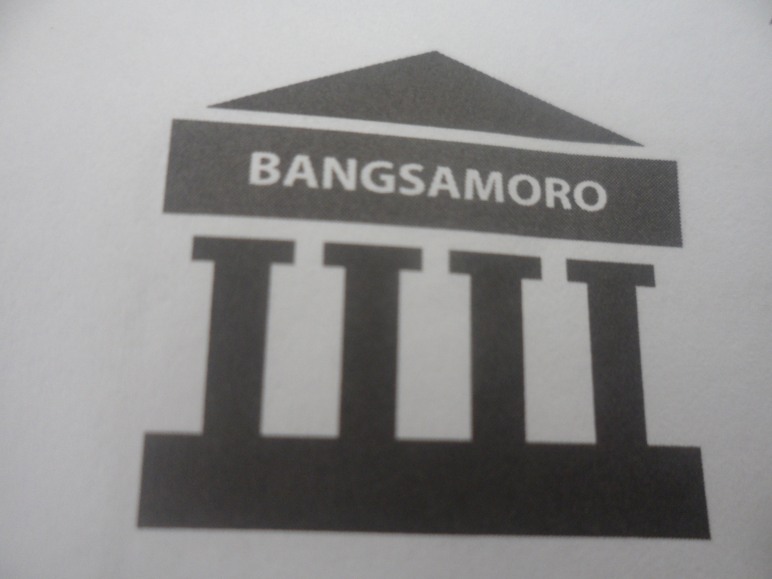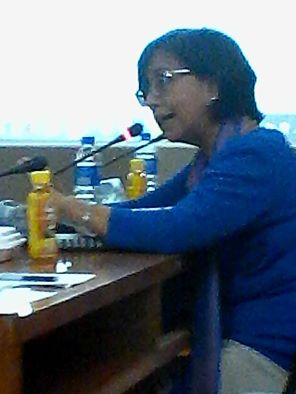by Maria Eleanor E. Valeros, #CebuBloggingCommunity
CEBU CITY, PHILIPPINES — Economic costs of the Mindanao conflict have already reached P640 billion from 1970 to 2001, or an estimated P20 billion per year.
This information was relayed via press conference on the salient points of the Bangsamoro Basic Law here recently with the presence of peace panel chief negotiator Miriam Coronel-Ferrer.
The P640-B economic loss is in terms of damages to business and properties, potential investments and businesses in the region had there been better security (no war).
Studies by Edgardo Barandiaran (2002), Salvatore and Judd Mary Schiavo-Campo (2005) and the United Nations Development Program (2005) pointed out that the all-out war policy in 2000 alone cost us 1.3 billion. From 1970-1996 war with the Moro National Liberation Front, government spent 73 billion in combat expenses.
The studies are entitled “Economic costs of the Mindanao conflict” for World Bank-Manila; “The Mindanao conflict in the Philippines: Roots, Costs and Potential Peace Dividend,” and “Social development papers (conflict prevention and reconstruction) Paper No. 24 for Washington-World Bank; and “Philippine Human Development Report” for Manila-Human Development Network, respectively.
As for social welfare, a DSWD 2012 Yearend Report noted of nearly 120,000 people killed between 1970-1996. In a pie chart, the human casualties were distributed as follows: 20 percent civilians, 50 percent MNLF, and 30 percent Armed Forces of the Philippines.
Social welfare disruption includes internally displaced persons placed at 982,000 in the 2000 all-out-war while 600,000 in 2008; cycle of violence and injustice; disruption of development efforts (multigenerational setbacks), destruction of the environment, and poor sense of wellbeing and security.
When asked if there is also a breakdown on how much the state, or the taxpayers will be losing again, should the BBL fail to push through, Coronel said there is no such detailed info similar to published collaterals, but that the country has to think about the value of peace. “Think of development and education opportunities not only in Central Mindanao but of its neighboring regions. Right now we can’t have specific valuation for the benefits. But if we just think peace, who could ever go wrong with that?”
However, Facebook-er Henz HP does not believe in the process. “We are being made to believe there is no substate (independent Islamic state). But provisions point to the creation of a substate. What government would be so keen in dealing with terrorists using taxpayers money?”
When Coronel was asked if P7 billion for Bangsamoro will all be from the government coffers, she clarified that P17 million is allocated for the rehabilitation in five years; P10 million of which will be downloaded on the first year as Official Development Assistance, while the rest will be World Bank-funded development programs.
The media briefing was held at the AFP Central Command in Camp Lapulapu, Barangay Lahug.###

